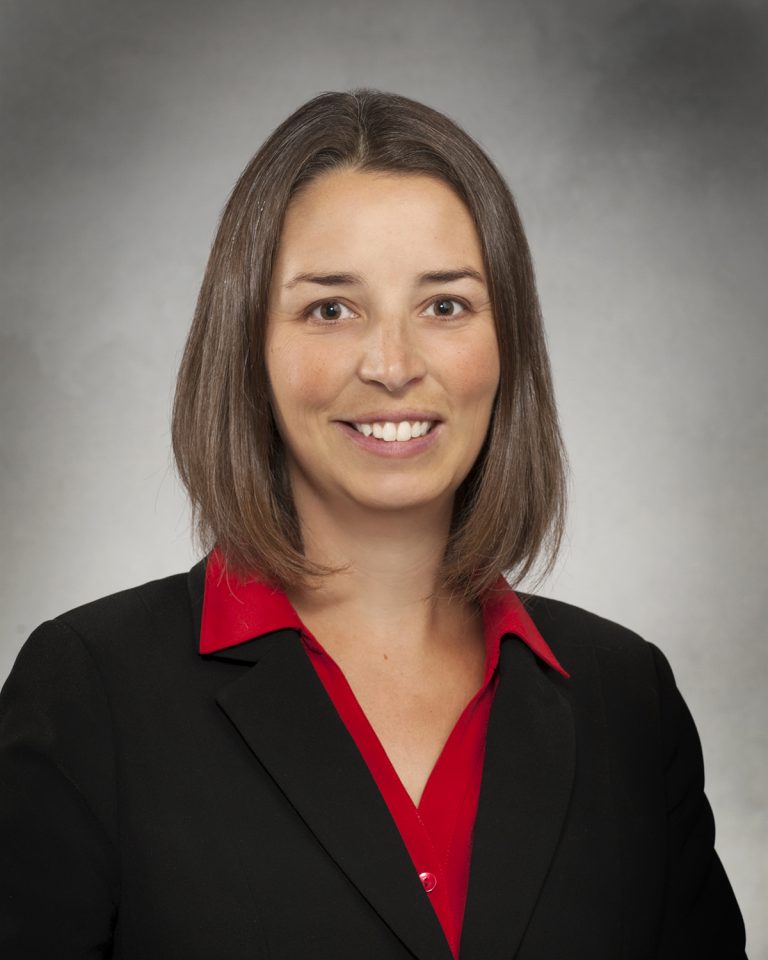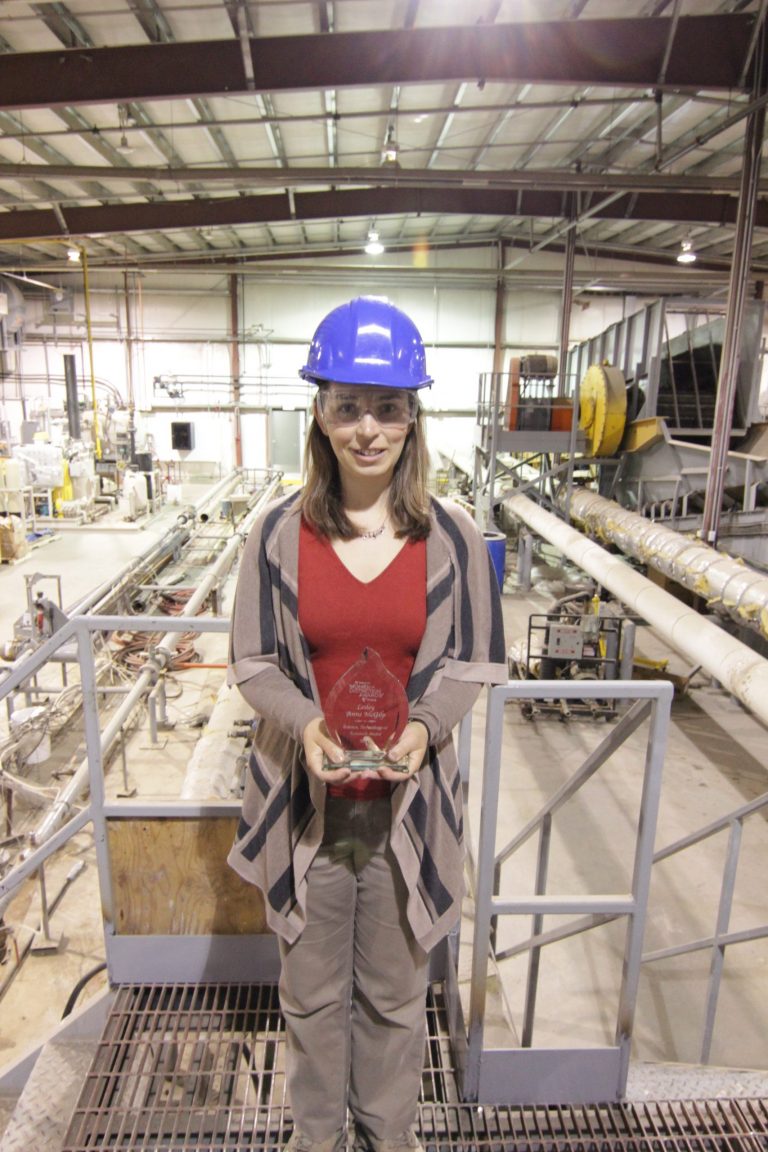Making a Career Change: Lesley’s Story
- 4 min read
After a decade of working as an engineer in the oil and gas sector, Lesley decided to change cities, provinces and careers. When she moved from Alberta to Saskatchewan, she joined the Saskatchewan Research Council as manager of the Pipe Flow Technology Centre™. Lesley’s background has helped her to support the energy industry and other industry sectors with complex flow situations. As part of PetroLMI’s Career Change series, we had the opportunity to chat with Lesley about why she did so and what advice she’d give others looking to make a career shift.

PetroLMI: Let’s start with what you were doing before your move and career change. Can you tell us a bit about your educational background and the work you did in oil and gas?
Lesley: I graduated with a degree in mechanical engineering from the University of Saskatchewan in 1999 and got my MBA from the Haskayne School of Business in 2006. I worked in upstream oil and gas for a few different companies over the years and I focused on reservoir engineering, reserve management, exploration and development, and acquisitions and divestitures.
PetroLMI: And when you moved, what did you transition to? What are you doing now?
Lesley: I work for the Saskatchewan Research Council (SRC). SRC is a multi-disciplinary team of scientists, researchers and engineers who provide sustainable environmental solutions to resource industries. We’re focused on the mining, energy, biotechnology and agriculture sectors.
My primary role is manager of our Pipe Flow Technology CentreTM. It’s a team of engineers, scientists and technologists who are experts in slurry fluid mechanics. We do a lot of work for the oil sands sub-sector and other types of mining, and other projects with complex flow situations, like additives in frac fluids or pipelines and how they affect the flow. My team is also developing measurement tools that are important to understanding flow in pipes or fluid properties in tailings before treatment. Tailings are a big challenge for the overall mining sector, not just oil sands.
I’ve also had the opportunity to oversee our process development group. Their scope is quite broad — emissions reduction, alternative energies, geothermal, helium, lithium.
And right now, I’m leading a strategic initiative called SRC Energy Evolution (SEE). It’s a review of all our services associated with the energy sector, looking at how to position ourselves strategically for the next five to 10 years.
PetroLMI: That sounds like interesting and challenging work.
Lesley: Yes, and it’s also very rewarding. I work with some very smart and talented people and I enjoy the fact that my work is intellectually stimulating.
PetroLMI: What motivated you to make a career change?
Lesley: There were a few things. A big part of it was a personal choice to move from Calgary to Saskatoon to be closer to family.
Another factor was that during my MBA, I was introduced to the concept of energy development from a natural capital perspective. Today, the more common term for natural capital is environmental, social and governance, or ESG. In a nutshell, it’s all about considering the social and environmental impacts of a project or development, in addition to the financial considerations. A lot of oil and gas companies are much more focused on ESG these days, but at the time it was a fairly new concept and it appealed to me. So, while I was doing my MBA, I was already thinking about moving out of oil and gas, but it was a couple more years before that happened.

PetroLMI: What advice would you give to others looking to make a career change?
Lesley: I would say that anybody coming from oil and gas probably has an impressive set of transferable skills. I know you can feel like you’re not qualified for anything else, but if you do some homework you can figure out where your skills might be a fit.
Research what sectors are growing. Often, new or emerging sectors don’t have a large labour pool to draw from, so they may be attractive. You may need to retrain or upskill but, depending on the job, it doesn’t have to mean an additional diploma or degree.
Oil and gas skills are transferrable to areas like automation, emissions reduction, and new energy sources like geothermal and hydrogen. Workers who have experience with pressurized equipment might be a fit for hydrogen companies, and workers who have reservoir experience might be a fit for helium and carbon capture utilization and storage (CCUS).
PetroLMI: That’s great advice. Any other tips?
Lesley: Defining your self-worth by your title and salary can be a challenge – especially if you lose your job. Your identity is bigger and broader than that. If you make a career change you may not get the same salary and perks, but there are a lot of other aspects to rewarding employment, including having engaging work, making an impact, and work/life balance.
